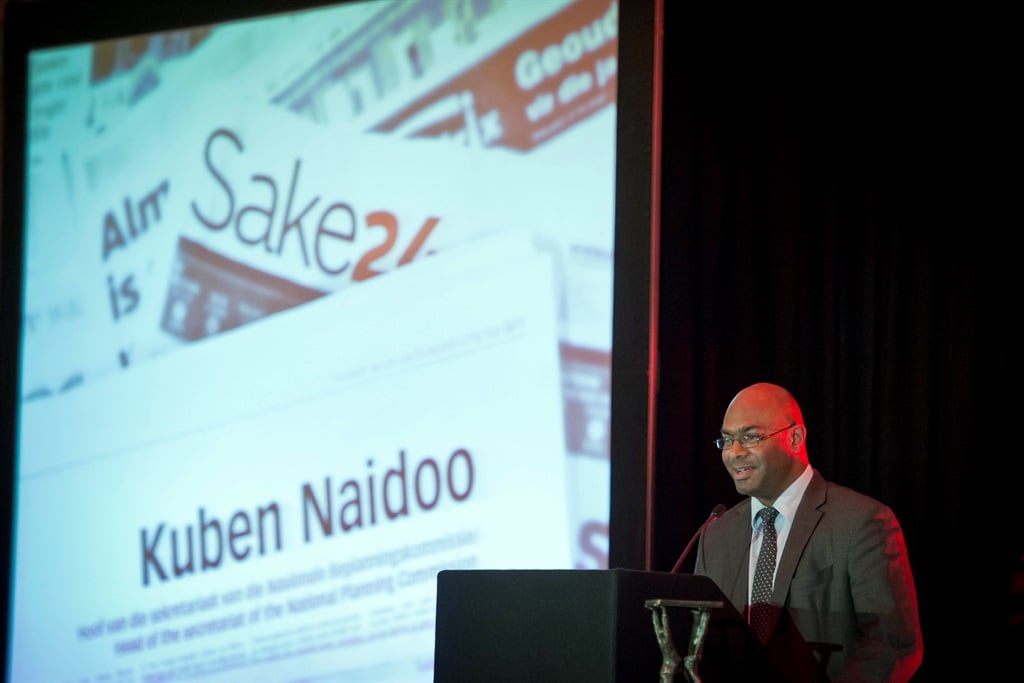
The South African Reserve Bank’s deputy governor, Kuben Naidoo, has said that more is expected from banks’ audit committees and that at least one bank’s audited financial statements have been questioned recently.
Delivering the keynote address at a banking summit hosted by the South African Banking Association in the north of Johannesburg on Monday, Naidoo said the bar had been raised for audit committees in banks, and that even the chairperson is now expected to submit a report on what additional steps their bank is taking to ensure audit independence.
“We now expect more from the audit committees and expect the chair of committees to ensure there’s audit quality and there’s audit independence. So that the auditors are not just singing praises of the bank to get the large fees,” he said.
Speaking to City Press, Naidoo said audit results are still looked at with a bit of suspicion in light of the environment of distrust among some of the audit firms.
“We have to look at it with a bit of suspicion. We don’t rely on it fully, we have to corroborate it with other pieces of information. Getting a good audit committee - and getting one that takes its job seriously - is half the job done,” he said.
More competition in the banking sector
Naidoo pointed out that the SARB has decided to try and increase competition in the banking sector with new banking licences been issued, but it is done with caution.
“Banking by definition has barriers to entry. If those barriers are too high then you get no new entrants. If those barriers are too low then we are not able to protect depositors’ funds. You have to try to steer a balance through that,” he said, adding that the country has done fairly well in keeping that balance.
He said traditional banks, in his opinion, would not die because of their capacity to innovate. Although banking regulators have taken a harsh stance in making banking more difficult, the upside was that it was safer.
“Banks still have to play an important role between savers and lenders,” he said, emphasising that a banks role, in the reallocation of capital, remains a very important one.
Naidoo pointed out that before the Basel III accord, South African banks had an average return of earnings (ROE) of between 18% and 20%. After Basel III, the average ROE is now between 15% and 17% .
“Banking is in one sense less profitable because they can’t take certain risks and those are being pushed outside banking,” he said.
He said a decade ago the big four banks had 93% market share, while today that share has decreased to 85%, predicting that in another decade the number might be even lower, at 75% market share.
Basel III is an international regulatory accord that introduced a set of reforms designed to improve the regulation, supervision and risk management within the banking sector.
 |
| ||||||||||||
| |||||||||||||




 Publications
Publications
 Partners
Partners








